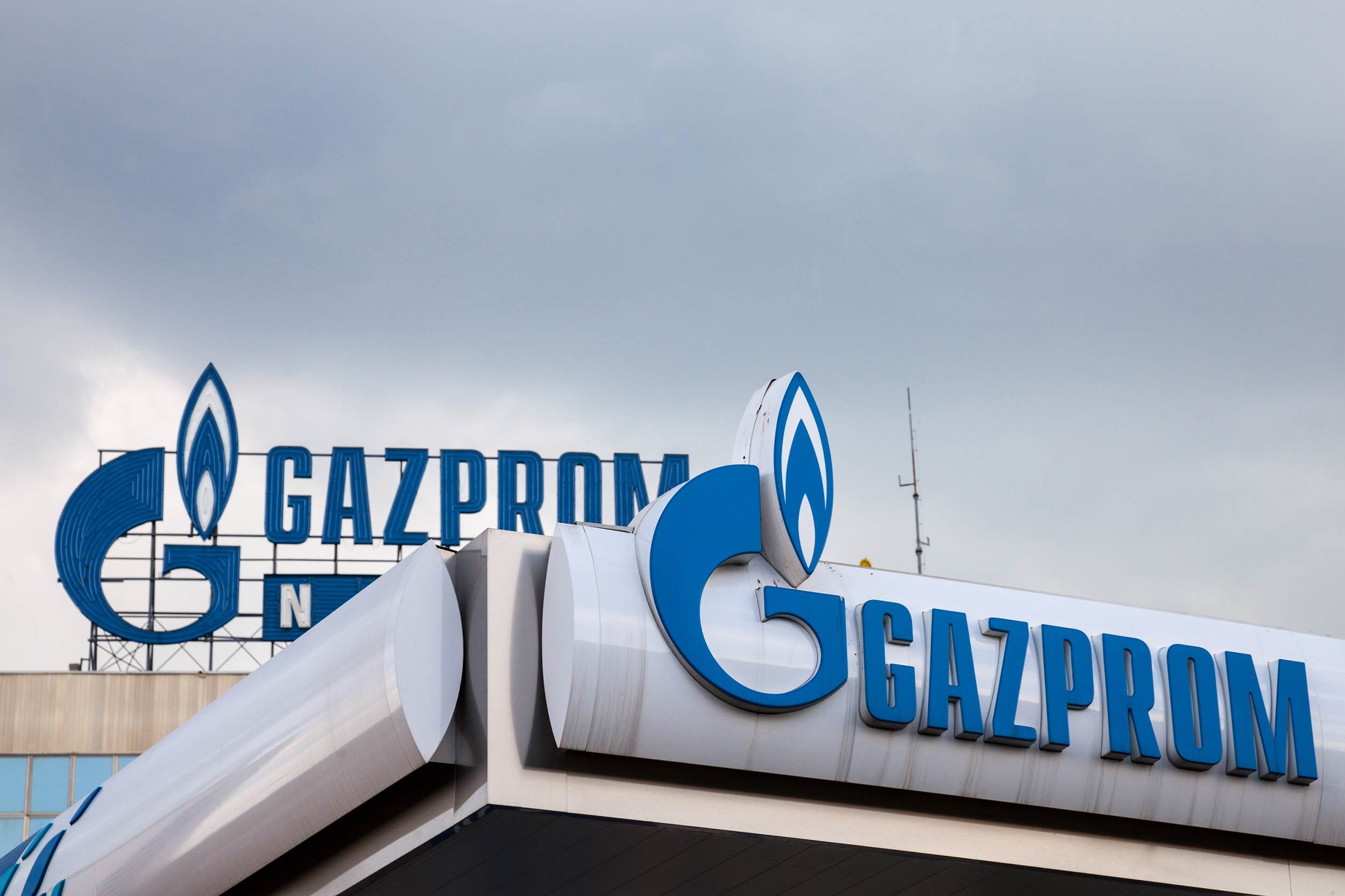Russia's Gazprom: Europe used 85% of natural gas delivered in Summer
The trend of rapidly declining natural gas reserves in Europe has continued since January 11, according to Gazprom.
-

Russian state-owned energy producer Gazprom
Consumers in Europe have used up to 85% of natural gas uploaded to storage facilities in summer, with the total amount of gas consumed reaching 40.5 billion cubic meters, Russian state-led energy producer Gazprom reported on Saturday.
"Already 84.7% (40.5 billion cubic meters) of the volume of gas injected in the summer season has been withdrawn. According to Gas Infrastructure Europe, as of February 3, the volume of active gas in European underground storage facilities is less than the last year's level by 27% (13.4 billion cubic meters)," Gazprom said in a post on its Telegram channel.
The overall amount of working gas in European storage facilities accounts for 36.7%, with the German and French storage facilities already two-thirds empty.
"The capacity of Ukraine's underground gas storage facilities also stands at the lowest levels. As of February 3, it dropped to 11.2 billion cubic meters. This is 46.5% lower than last year," the statement added.
The trend of rapidly declining natural gas reserves in Europe has continued since January 11, resulting in storage volumes plummeting to historical lows, according to Gazprom.
The drastic decrease of natural gas reserves is reportedly driven by mounting demand, which in turn stems from a surge in economic activities as part of COVID-19 recovery amid low efficiency of renewable energy sources, particularly wind power generation.
On Friday, European Commission President Ursula von der Leyen, commenting on decreasing gas storage volumes, told Handelsblat newspaper that Gazprom was "doing the minimum" in carrying out its gas contracts in Europe and scolded the company for not increasing supplies on its own initiative.
However, Gazprom responded that the EU energy mismanagement was to blame, considering that the EU pursues a deliberate policy of moving away from long-term contracts to spot trading, thereby enabling higher prices, decreased supplies, and lower medium-term predictability. Russia stands ready to increase gas supply to Europe, but Gazprom needs long-term contracts, as greater investments will be required.

 2 Min Read
2 Min Read








